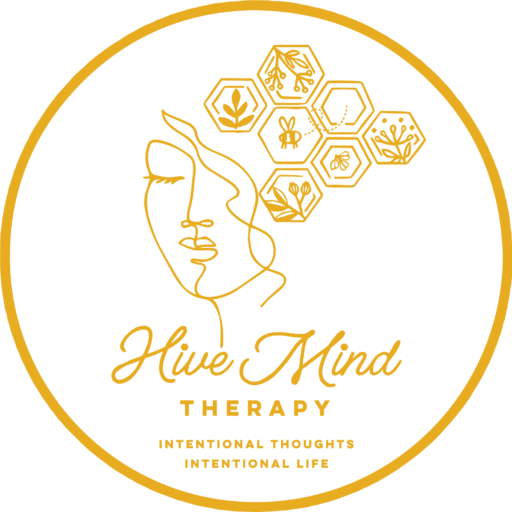Feeling stuck in life is a common experience that many people face at some point. It can be overwhelming and frustrating, but the good news is that there are steps you can take to break free from this stagnant state. In this blog post, we’ll explore the importance of self-reflection, setting aside your ego, and seeking help to identify and overcome the barriers you’ve created for yourself.
- Look Inward: The Power of Self-Reflection
The first step in getting unstuck is to turn your gaze inward. Take a moment to reflect on your current situation, your feelings, and the factors contributing to your sense of being stuck. Ask yourself tough questions about your goals, values, and what truly matters to you. This introspective process is crucial for gaining clarity on where you are and where you want to go.
- Set Ego Aside: Identify Self-Created Barriers
Sometimes, our own beliefs and behaviors can become roadblocks to progress. It’s essential to set aside your ego and honestly assess how you might be contributing to your own sense of stagnation. Are there limiting beliefs or negative thought patterns holding you back? Acknowledge these barriers, as recognizing them is the first step toward dismantling them.
- Solve Your Own Problems: Take Ownership
Empower yourself by taking ownership of your challenges. Recognize that you have the ability to solve your own problems and create positive change in your life. This mindset shift is crucial for building resilience and developing the confidence needed to overcome obstacles.
- Seek Feedback: Embrace Humility
To gain a more comprehensive understanding of yourself, ask those close to you for feedback. Friends and family can provide valuable insights into your strengths and struggles. Embrace humility, set aside any defensiveness, and truly listen to what others have to say. Their perspectives can be eye-opening and serve as a foundation for personal growth.
- Process Feedback: Create Goals and Action Plans
Once you’ve gathered feedback, take the time to process it. Identify patterns and common themes in the information you’ve received. Use this knowledge to create realistic goals and action plans for change. Break down larger objectives into smaller, manageable steps to make the process more achievable.
- Identify Motivation: Fuel for Change
Understanding your motivation for change is crucial for sustaining momentum. What drives you to break free from feeling stuck? Whether it’s a desire for personal growth, improved relationships, or career advancement, clearly define your motivation to fuel your commitment to change.
- Seek Professional Help: Outside Perspectives Matter
While self-reflection and feedback from loved ones are valuable, seeking help from outside professionals can provide additional perspectives and guidance. Licensed clinical therapists, life coaches, or career counselors can offer support tailored to your specific needs, helping you navigate challenges and develop coping strategies.
- Accountability: Your Responsibility, Not Others’
It’s important to recognize that the responsibility for change lies with you. While friends and family can offer support, accountability for your actions and progress is ultimately your responsibility. Take charge of your journey, stay committed to your goals, and be proactive in seeking the help you need to overcome obstacles.
Conclusion:
Getting unstuck in life is a transformative journey that requires self-awareness, humility, and a proactive approach to change. By looking inward, setting aside your ego, seeking feedback, and taking ownership of your challenges, you can break free from stagnation and create a path toward personal growth and fulfillment. Remember, the power to change lies within you, and seeking professional help is a courageous step toward a brighter future.

